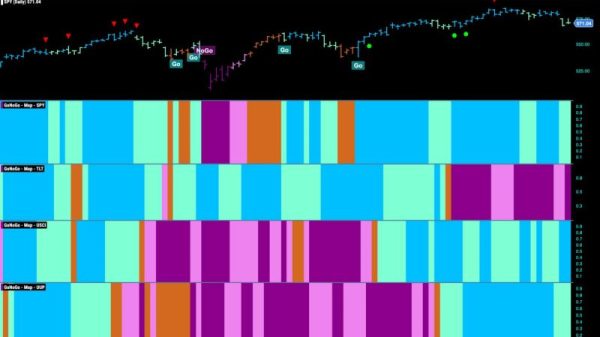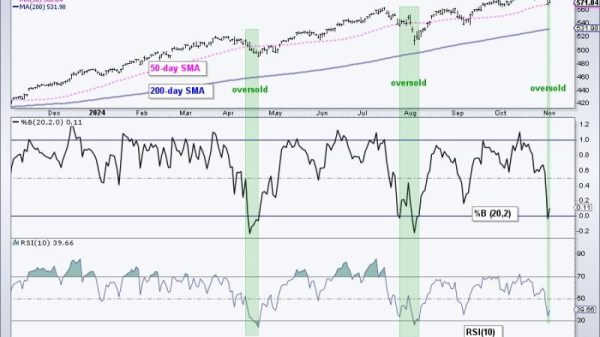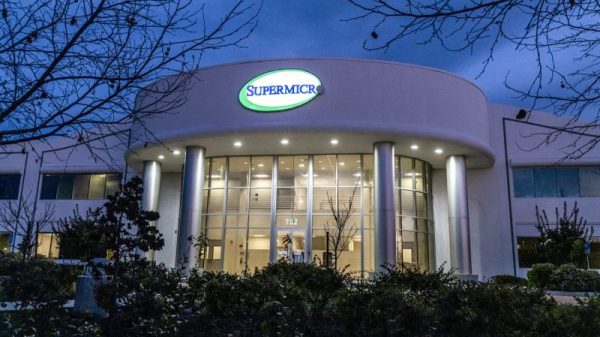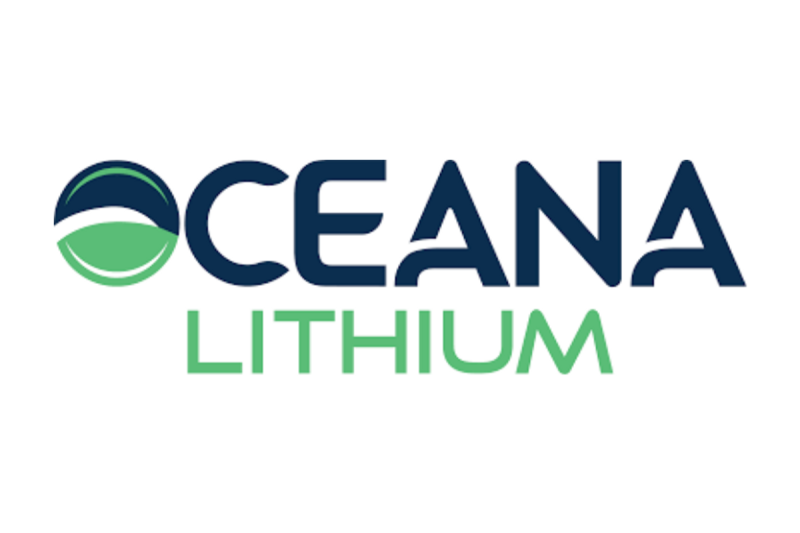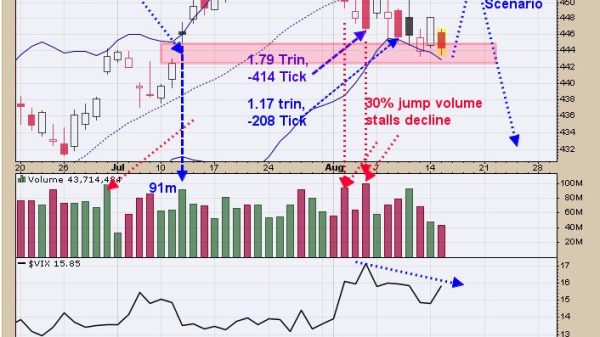Oceana Lithium Limited (ASX: OCN, “Oceana” or “the Company”) hereby reports soil sample results from its Solonópole Lithium Project in Ceará State, Brazil, with 383 samples returning anomalous lithium values in soil above 100 ppm and up to 631 ppm.
Highlights
Solonópole Lithium Project, Ceará, Brazil
Anomalous lithium values above 100 ppm (and up to 631 ppm) found in 383 soil samples within existing and new target areas.Integration and interpretation of these soil sample results with data from geophysics, geological mapping (125 line km), trenching and RC drilling (~2,000m) further enhance prospectivity of existing and new targets.Combined datasets confirm several swarms of pegmatite bodies striking in a NE-SW direction and identify new high priority areas.Nira interpreted to be the most prospective new target, with 180 soil samples of >100 ppm Li and as high as 524 ppm Li covering an area of at least 1km2.Nira also features 17 pegmatite outcrops with average widths of up to 30 meters and strike lengths from 200m to 600m.Planning for the next follow-up diamond drilling campaign is underway.
For more information on previous exploration results at Solonópole, refer to Oceana´s ASX Announcements 7 August 2023, 3 November 2023 and 5 January 2024. The status of the large-scale infill soil sampling program that commenced in March 2023 relative to the location of the main exploration areas is shown in Figure 1 below.
As at 31 January 2024, over 8,300 soil samples had been collected from Solonópole and analysed by X-Ray Fluorescence (XRF) for Lithium-Caesium-Tantalum (LCT) pathfinders, of which 1,908 soil samples now have lab results validated by Oceana´s internal QA/QC. These results show a median lithium value of approximately 42 ppm and an average lithium value of 69 ppm (background). Anomalous lithium values above 100 ppm and up to 631 ppm were found in 383 soil samples within existing and new target areas. Please refer to Appendix 1 (Table 4.1 to Table 4.6) for soil sample results and coordinates.
Oceana has integrated these soil sample results with other datasets from geophysics, geological mapping (125 line km), trenching and RC drilling (~2,000m). The combined datasets confirmed several swarms of pegmatite bodies striking in a NE-SW direction and identified high priority areas showing more than one lithium bearing pegmatite.
Click here for the full ASX Release









